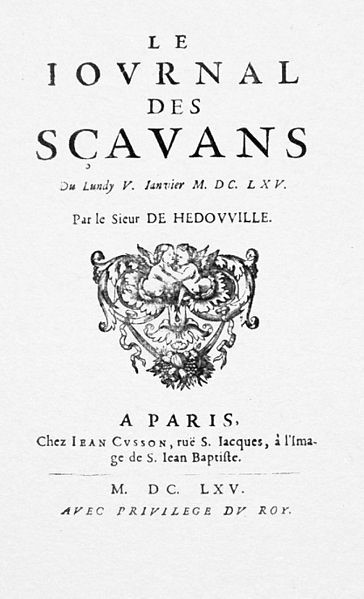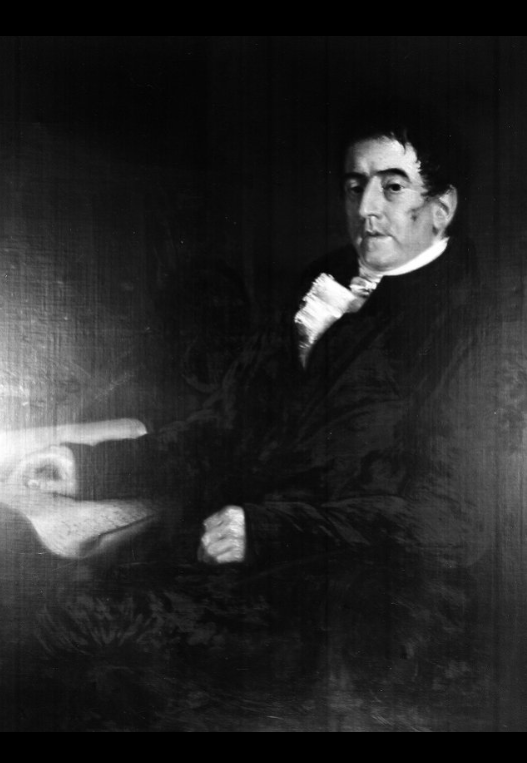
Welcome to Birkbeck College’s virtual research symposium, drawing inspiration from Open Access Week 2022.
This year’s OA Week theme is “Open for Climate Justice”, and the Library’s Scholarly Communications Group has coordinated contributions from speakers around this. Birkbeck is committed to Open Access, and acknowledges the importance of “connection and collaboration among the climate movement and the international open community”, along with “the rapid exchange of knowledge across geographic, economic, and disciplinary boundaries.” Both these ideas are very much in keeping with George Birkbeck’s assertion that ‘now is the time for universal benefits of the blessings of knowledge’. This continues to underpin the mission and culture of the institution as it approaches its two-hundredth anniversary in December 2023.
Although originally planned as an “in person” event, the pivot towards a virtual symposium has enabled a more fluid, dynamic approach. Our contributors evince a clear academic interest in climate justice, and outline how it intersects with the open access movement.
The future of open access
Dr Caroline Edwards, Director, Open Library of Humanities
Dr Caroline Edwards is Director of the Open Library of Humanities (OLH) at Birkbeck, University of London and a Senior Lecturer in Modern & Contemporary Literature. Caroline co-founded the OLH with Prof. Martin Eve in 2012 as a project bringing scholars, librarians, publishers, and computer programmers together to build a fairer, not-for-profit model of open access publishing; the OLH launched its publishing platform in 2015 with funding from the Andrew W. Mellon Foundation. Caroline’s first monograph is Utopia and the Contemporary British Novel (Cambridge University Press, 2019) and she is currently writing her second book, Hopeful Inhumanism: The Elemental Aesthetics of Ecocatastrophe. Her research has featured in a number of non-academic publications, broadcasts, and venues, including the New Statesman, the Times Higher Education, the Guardian, SFX Magazine, BBC Radio 4, BBC Radio 3, BBC One South East, the Barbican Centre, the Institute of Contemporary Arts, Whitechapel Gallery, and in a dedicated exhibition at the Museum of London.
In this talk, Dr Edwards outlines the origins of OA, draws parallels to the green new deal movement, and explores how the Open Library of Humanities is helping to define its future directions.
Sympathy for the ‘little things that run the world’
Dr Janette Leaf, Associate Research Fellow, Cultural Entomologist.
Janette is an Associate Research Fellow at Birkbeck, working predominantly in the specialist area of Cultural Entomology, establishing a reputation as an international expert.
Her research investigates how insects are represented in fiction, museums, and material culture, particularly in the nineteenth century; and how insect imagery intersects with the Gothic, Egyptology, xenophobia, speciesism, and environmental concerns.
Janette’s PhD thesis, titled ‘Locating the Sympathetic Insect: Cultural Entomology, Egyptianised Gothic and Emotional Affect in Richard Marsh’s The Beetle’, will be available in BIROn after an embargo period.
Dr Leaf is an active Member of the Victorian Popular Fiction Association (VPFA); the British Association of Victorian Studies (BAVS); The British Society for Literature and Science (The BSLS); and the International Society for the Study of Egyptomania (ISSE).
She is regular presenter at conferences, has appeared in podcasts and international reading groups, and has recently published as a co-editor, Crawling Horror: Creeping Tales of the Insect Weird (British Library Publishing, 2021) (eds Daisy Butcher and Janette Leaf).
Staff-student collectives in higher education climate activism
Kayleigh Woods Harley, Birkbeck Climate Network
Kayleigh Woods Harley is a project support coordinator in the Planning and Strategic Projects department. The Climate Network is a student-staff coalition working to make Birkbeck fulfil its responsibilities and ambitions around climate justice and was instrumental in the decision of the careers department going fossil free in 2022, making Birkbeck the first university in the UK to do so.
Climate journalism, social justice and open access
Dorothy Stein, MA Journalism
Dorothy Stein is a Birkbeck student studying for an MA in Journalism in the department of Culture, Media and Journalism.
Their background is in the IT industry, where they worked across different sectors before starting a green IT company – GreengageIT. With lifelong concerns about climate and the environment having heightened – they are aiming to become a climate journalist, to better communicate the crises and ways forward.
Dorothy’s research examines the current state of climate journalism and its place within our institutions, culture and power structures which are premised on fossil fuel use. They plan to look at climate journalism’s failure to put the brakes on the escalating climate and ecological crises, and describe what climate journalism might look like in an alternative model, where it plays its part in our project of climate justice and “world building”.
Closing comments
After watching the presentations from our speakers, it’s clear that there are many ways in which we can talk about open access and climate justice. Open access to information and scholarly research is key for tackling climate change and promoting climate justice. These presentations showed that it is not only the STEM subjects or natural sciences, but also the humanities, which can raise awareness about the environment and help us, and future generations, make informed decisions.
This virtual symposium has hopefully served as a great reminder of the need for action and collaboration on climate change, by enabling open access to build a more just and sustainable future.
We’d like to thank all our speakers, and Barnaby Booth in the Digital Education team, who recorded and edited the videos in the Birkbeck Recording Suite. The suite is open to all Birkbeck staff, and can be booked via their Moodle page.
This event was organized by the Scholarly Communications team in Birkbeck Library.







